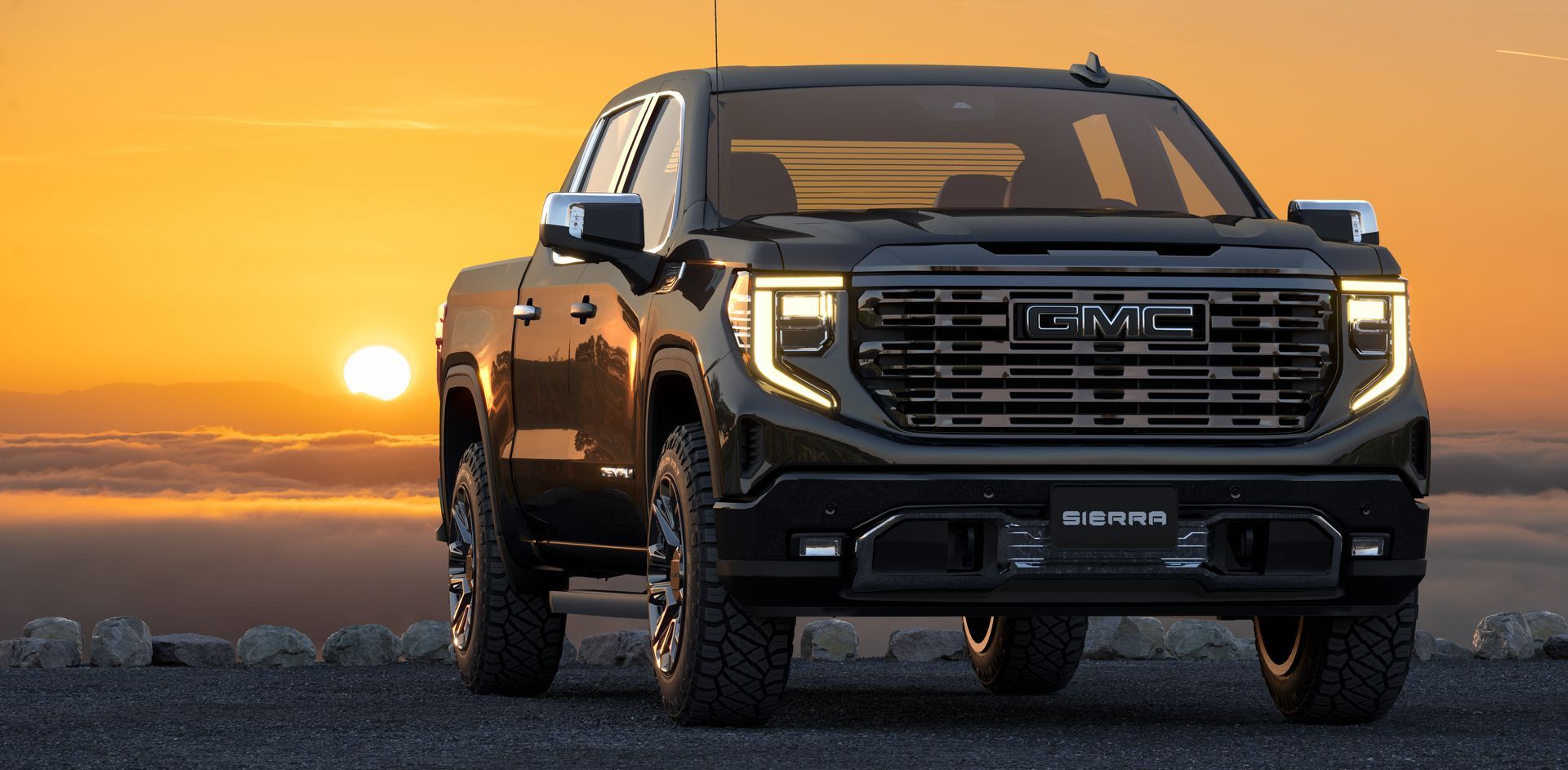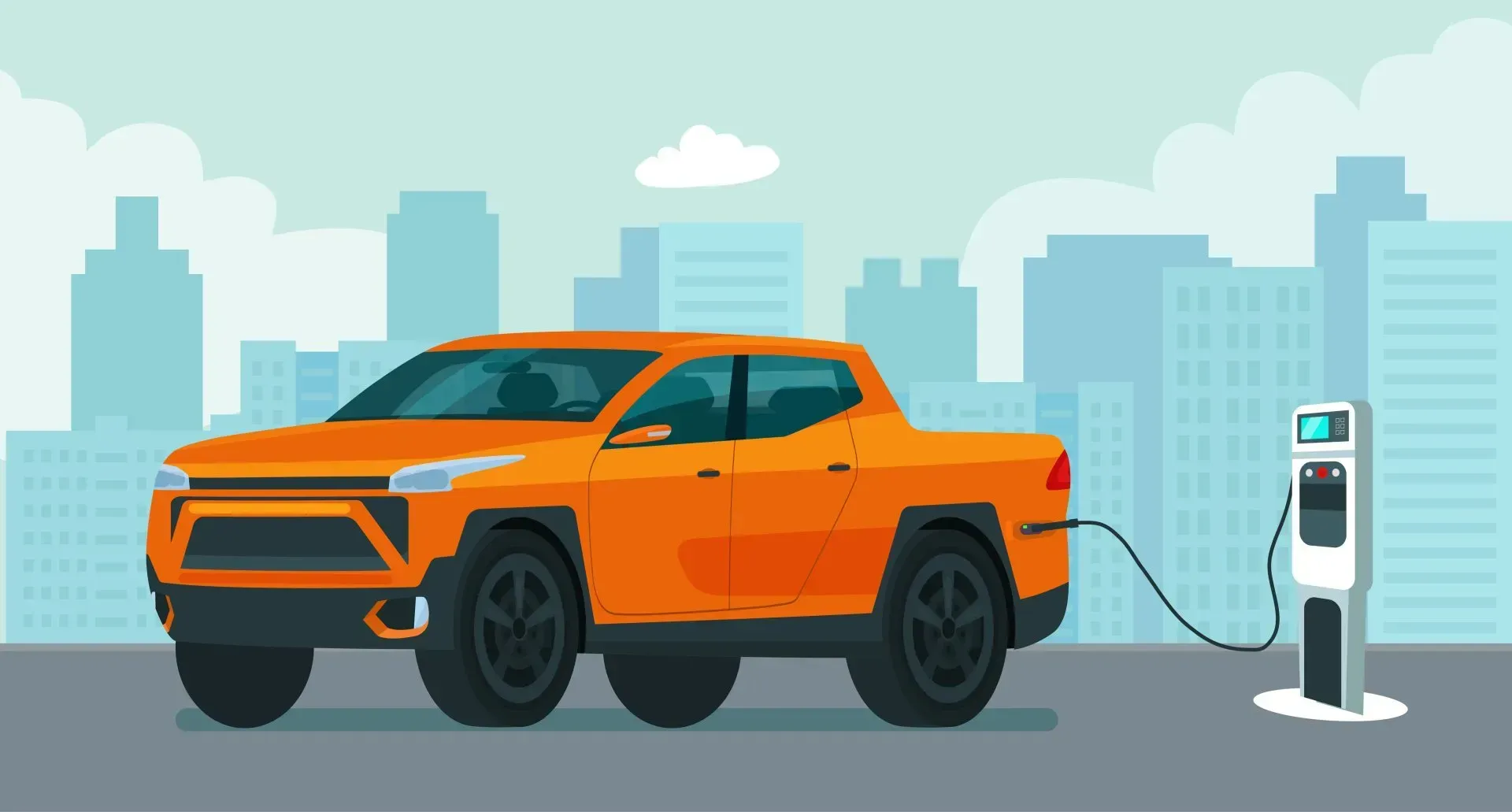How to Protect Yourself When Buying or Selling a Used Car in Washington D.C. or Baltimore

Get a Carfax Report
A Carfax report, even if it’s not a premium dealership report, will give you a lot of information about a vehicle. At the very least it will tell you:
- The number of previous owners
- Whether it has been in any reported accidents
- The severity of those accidents
A Carfax report should also tell you if the vehicle has a salvage title. It’s best to know all this information before you exchange money and transfer the title, since at that point it might be too late to back out.
Ask for Maintenance and Repair Records
Ascertaining whether a vehicle has been well cared for is often a good idea when you’re buying it from a private seller. A vehicle with neglected maintenance might have a shortened life expectancy. It could even be on the verge of suffering catastrophic failures that will be expensive to repair.
If the seller has no records of maintenance or they aren’t forthcoming about the vehicle’s maintenance history, you might want to find a different vehicle.
Alternatively, you can request to take the vehicle to a mechanic you know and trust. Having a professional assessment might ease your concerns.
Be Careful When Scheduling Meetups
Whether you’re buying a car from a private seller or trying to sell your own vehicle, you’ll eventually need to meet up with the other party in your transaction.
There are risks at multiple points in the private car buying or car selling process, but this step is the only one that includes a serious risk for potential physical harm. Vehicles are valuable, and there are robbers who prey on people who are selling their vehicles through an online marketplace.
- Never invite a potential car buyer or seller to your home
- Agree to meet somewhere public during the day
- Try to meet in a place that is covered by security cameras in case they do try to steal your car or rob you
- Don’t go to meet someone alone
- See if there’s a safe exchange zone near you
What’s a Safe Exchange Zone?
Online sales are becoming popular enough that they’re now a public safety concern for law enforcement. Too many online marketplace buyers and sellers were being assaulted or robbed when meeting people to exchange goods for cash, so police departments began establishing “Safe Exchange Zones.”
You can find Baltimore’s Safe Exchange Zones here and Washington D.C.’s Safe Exchange Zones here.
Many people who list their vehicles online or shop for vehicles through online listing services are genuinely looking for a fair and honest exchange. Unfortunately, the small percentage of unscrupulous people who are looking to take advantage of others make the process inherently risky.
You don’t have that problem with a reputable dealer like Easterns Automotive Group and DierctCarBuying.com.
Counterfeiters and Check Bouncers Sometimes Target Car Sellers
If you’re accepting cash for a private vehicle sale, make sure you check each bill thoroughly to confirm none are counterfeit. You can take a money order or even a check if you’re at a financial institution where its validity can be immediately verified before you sign over the title.
Get All Your Documents in Writing
You should never base any exchange of money or a vehicle’s title solely on a verbal commitment. You can learn all about title transfers and the other forms you’ll need to legally transfer ownership in one of our previous blogs.
You should also be on the lookout for fraud if you’re buying a vehicle. Double check to make sure the title is legitimate and that the owner listed on the title is the person you’re dealing with. Also confirm you’re not getting a salvage title. Lastly, don’t forget to compare the VIN on title to the VIN printed on the vehicle’s dashboard.
As far as the law is concerned, the seller of the vehicle is the owner until the title has been formally transferred. Then you’ll need to get the vehicle registered before you can legally use it on Washington D.C., Maryland or Virginia streets.
Not everyone who attempts to buy or sell a vehicle through private channels is aware of the many steps involved in the title transfer and vehicle registration process. At DirectCarBuying.com, our team will perform most of the paperwork to ensure the entire transaction is legal, fast and easy.
Get a Fair Price and a Safe Car Selling Experience in Washington D.C. or Baltimore
You don’t need to worry about any of the risks associated with private vehicle sales if you sell your car, truck or SUV to a reputable car buyer like DirectCarBuying.com. As part of the Easterns Automotive family, we’ve been operating in the DMV and Baltimore for several decades.
We’ve gained a loyal customer base by treating each car buyer or car seller with the utmost respect and fairness.
Instead of assuming the risks of a private sale, let DirectCarBuying.com buy your vehicle for a great price. Call us at 877-927-6093 for more information or click our Buy My Car button to get started.




